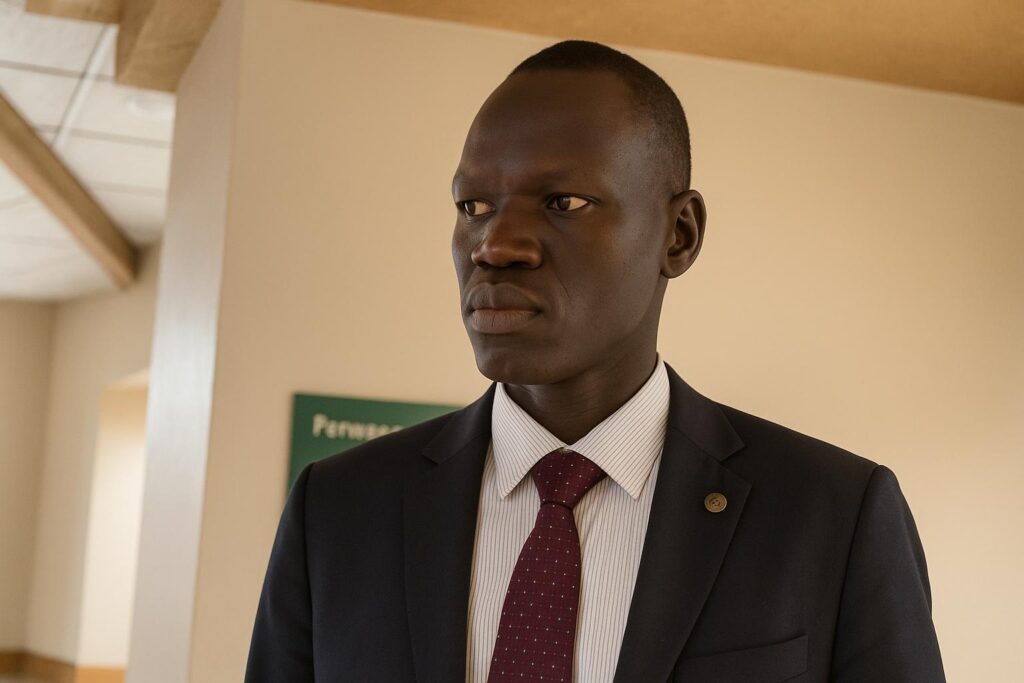South Sudan’s Digital Battleground
South Sudan’s digital plazas teem with rumours, memes and altered clips, reshaping politics one swipe at a time.
Researchers warn that unchecked virality fuels distrust, stirs ethnic tension and leaves defamed targets vulnerable to real-world harm (local media monitoring reports).
Veterans Seek Recognition, Not Likes
At Gen. Bior Ajang’s funeral, liberation hero Gen. Garang Mabil implored officials to “remember what we fought for.”
His appeal echoed the 2011 Transitional Constitution, which honours martyrs and obliges the state to care for heroes. Online supporters amplified his speech, spotlighting unmet promises.
Decoding “Wun Wong Aken Ben”
Former presidential spokesman Ateny Wek invoked the Dinka proverb meaning ownership compels swift action after Adut Kiir’s envoy appointment.
Commentators argued a president’s legacy belongs to citizens, historians and journalists, not one officeholder. Constitutional scholars note Article 101(b) already tasks the head of state with supervising all institutions.
Toward Responsible Dialogue
Analysts urge party cadres to receive media-literacy refreshers and reaffirm collective values before personal brand-building takes over.
Civil-society groups advocate fact-checking hubs and swift rebuttals to protect public discourse while safeguarding free speech. The balancing act, they say, will define South Sudan’s democratic journey.


